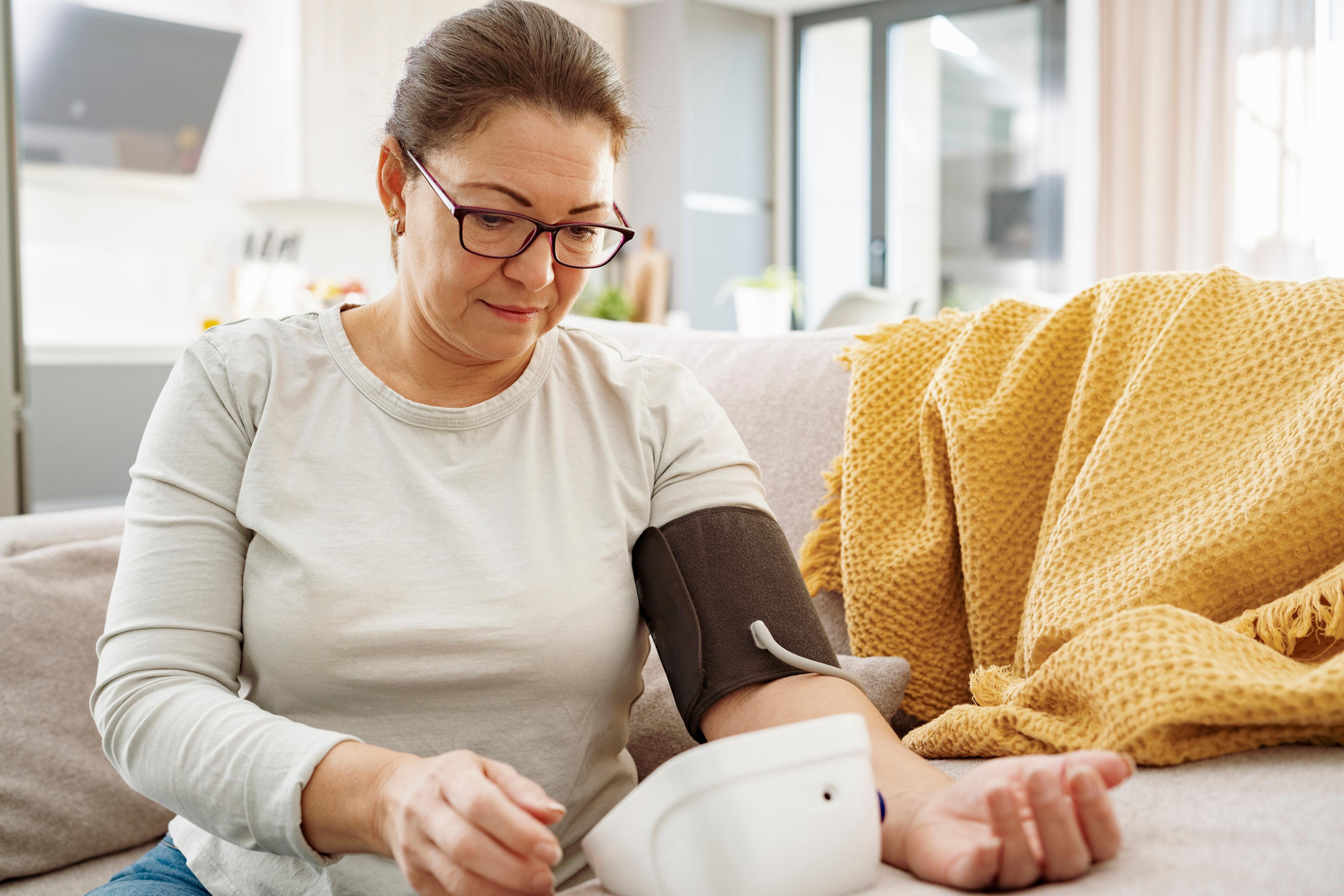What Should I Eat During Physical Therapy?
Jake Newby
| 4 min read

The same way athletes prioritize diet to generate maximum performance, those of us working our way back from a serious injury should factor diet into our rehabilitation process.
Research shows that nutrition has a direct effect on an individual’s recovery and functionality while undergoing physical therapy (PT). What we put into our bodies can either enhance or hinder our recovery from a musculoskeletal injury. Diet can also influence the risk of chronic conditions like Type 2 diabetes, hypertension and cardiovascular disease. Understanding the role that nutrition plays in patient outcomes can help smoothen the PT process.
How does nutrition influence the healing process?
Inflammation is a natural part of healing. You’re going to experience some inflammation while you work through an injury, the goal is to control to make sure it’s not excessive. You can partly achieve that goal by eating a balanced diet as you recover – focusing on healthy fats, quality protein and a steady source of anti-inflammatory foods.
What foods should I eat to fight off inflammation?
Foods on the Mediterranean diet have been shown to have anti-inflammatory properties. Mix these foods into your daily diet throughout your recovery process:
- Fatty fish: Omega-3 essential fatty acid may help reduce inflammation, so consider eating foods rich in omega-3 such as fatty fish like salmon and tuna and nuts and seeds like flaxseeds and walnuts.
- Green leafy veggies: Spinach, kale and collard greens are high in beta-carotene which has been shown to decrease inflammatory markers.
- Nuts: Nuts like almonds and walnuts contain magnesium, l-arginine and vitamin E which may help keep inflammation under control.
- Olive oil: Oleocanthal and oleic acid in olive oil may reduce levels of inflammatory markers.
- Berries: Flavonoids in berries like blueberries, strawberries and raspberries have anti-inflammatory properties.
While some foods have anti-inflammatory properties, other may promote inflammation in the body. Foods to steer clear of while recovering include fried and ultra-processed foods. Limit red meats and foods high in sodium, sugar and saturated fats.
How do I avoid extra weight gain during physical therapy?
The earliest stages of physical therapy may require rest and inactivity. This can be frustrating, especially for fitness fanatics who exercise 5 or 6 days a week. The worry that we’ll eat more calories than we can burn during this stage is understandable, as added weight can put stress on your joints and increased calorie intake leads to more fat deposition. But at the same time, a decreased calorie intake can cause the loss of lean muscle mass.
Our metabolism accelerates to help us heal when recovering from injury. Basically, by going into a calorie deficit to try and offset your temporary sedentary lifestyle, you may risk prolonging the recovery process depending on the severity of your injury. Factoring in your current body weight, consuming about 15 calories per pound leads to weight maintenance for most healthy individuals.
What should I eat before physical therapy?
Before a PT session you should consider a light snack that combines protein and a healthy carbohydrate. Try a banana or apple slices with a scoop of almond or peanut butter, or whole grain toast with a slice hard-boiled egg on top.
What should I eat after physical therapy?
Supporting muscle mass means eating an adequate amount of protein, which helps heal muscle and repair tissue. A plate of grilled chicken, fish or tofu with brown rice and broccoli on the side after a PT session is one meal idea. Greek yogurt with a diced orange mixed in to get that vitamin C is another. Eggs work well as a versatile, post-PT meal choice because they’re filled with protein and essential vitamins and minerals. Try chopping up some veggies and cooking them into an egg-white omelet.
Don’t forget to hydrate during all phases of the PT process. Drink water before, after and during the rest periods of your PT session. Avoid sweetened beverages like soda and juice.
Check out this blog for more helpful information regarding PT, such as treatment benefits and figuring out when it’s time to see a physical therapist: Physical Therapy: Knowing When to Go.
Photo credit: Getty Images





